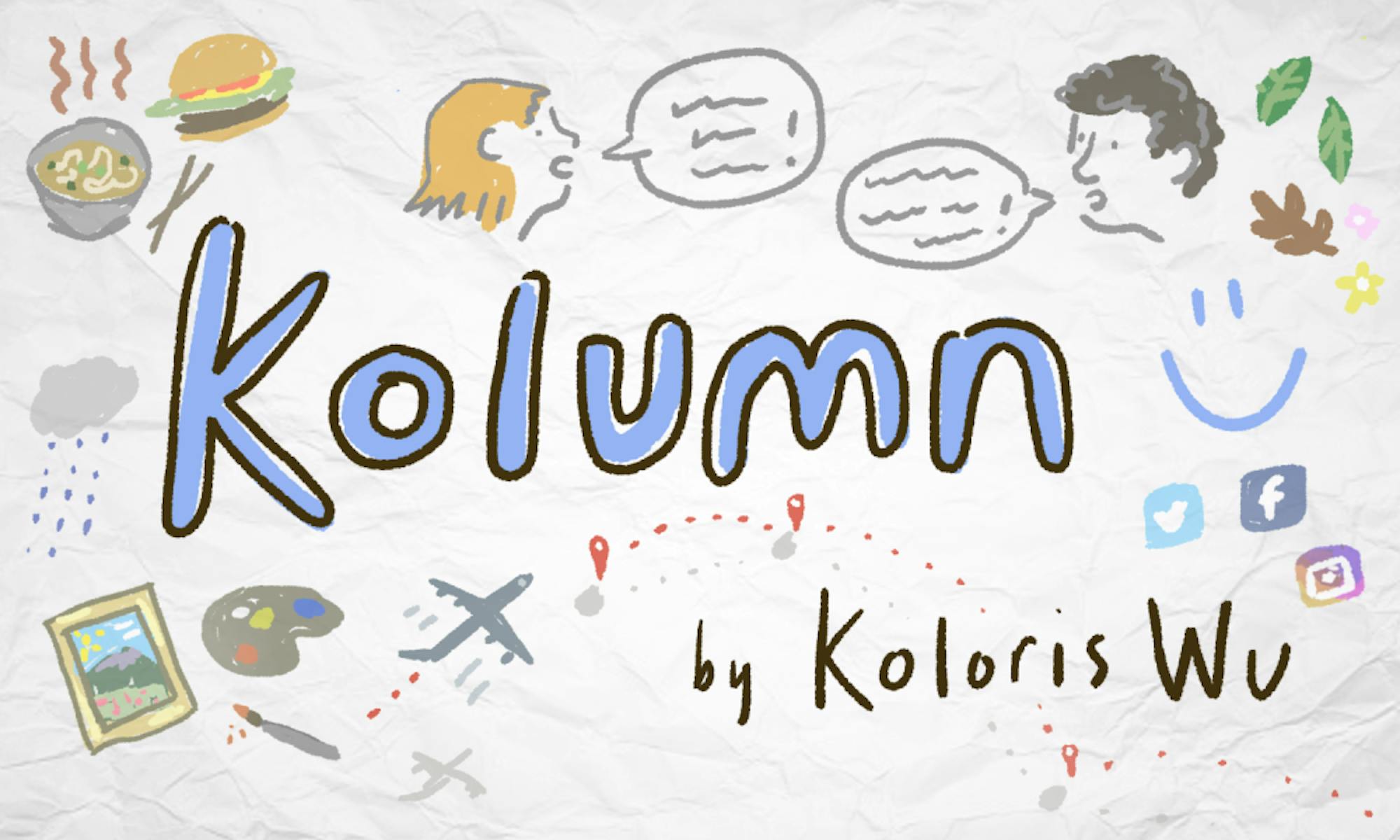Nostalgia is a Greek compound. It is the combination of the word νόστος (nóstos) or “homecoming” and ἄλγος (álgos), “pain and ache.” This deconstruction of the word precisely describes, in my opinion, the exclusively human feeling of bittersweetness, a mix of emotions that evoke a larger complex of sentiments.
To begin with, ‘homecoming’ literally means that the subject returns to their home or shelter — a physical space where they feel safe — possibly from a physically or emotionally exhausting event. The notion of ‘home’ has latent meanings in human discourse. It is not limited to a single space but can be multiple places — even nonphysical places. It can be a group of people one identifies themselves with; it can even exist solely as an abstract idea that relates to or represents oneself.
Here comes the second part: pain. It is an emotion that generalizes a spectrum of upsetting sentiments. For example, feeling pain can be perceived as being disappointed, hurt or undergoing a sense of loss or a mixture of all of these.
The mental processes that involve the interpretation of home and pain require complicated brain activity that is mostly acquired through secondary socialization, a highly interactional, even artificial process that is distinct to mankind. Thus, I conclude that nostalgia is unique to humans.
Okay, but what are we really talking about when we talk about nostalgia? Merriam-Webster defines nostalgia as “a wistful or excessively sentimental yearning for return to or of some past period or irrecoverable condition.”
According to this definition, nostalgia involves something in the past tense — something we miss. Most superficially, those things can be objects, people, the hometown you left, the food you had or the ex you broke up with. However, while we miss the concrete materiality of those things, most of the time, these objects essentially symbolize what’s behind, like episodes of memory.
For me, whenever I miss my home city, Shenzhen, I go to dim sum places with my friends. The Cantonese food and chit-chatting brings up memories of past mornings I spent with my family, discussing all kinds of topics, feeling connected and loved.
To generalize my thoughts, the feeling of nostalgia explains the existence of communities centered around a central religion or culture in any metropolis. Moreover, abstract things like atmospheres or concepts can also incite nostalgia, even if it is out of place within the original context. For example, the melancholy atmosphere brought about by a rainy day can immerse me into the same sorrow caused by an upsetting event.
Sometimes, we are even just in love with the idea of nostalgia itself. We feel good about everything when we put on a nostalgic filter — it reinforces what was beautiful while diminishing what was ‘ugly’ and ‘undesired.’ Furthermore, we love it more when we know it has passed, even if it brings us pain.
At last, I argue that although pain is spurred by nostalgia, it shouldn’t be avoided or rejected in a classical utilitarian account, which takes pain as the ultimate nemesis of achieving a good life. Conversely, we should appreciate and embrace the complex feeling of nostalgia and take it as a special gift to humankind.






